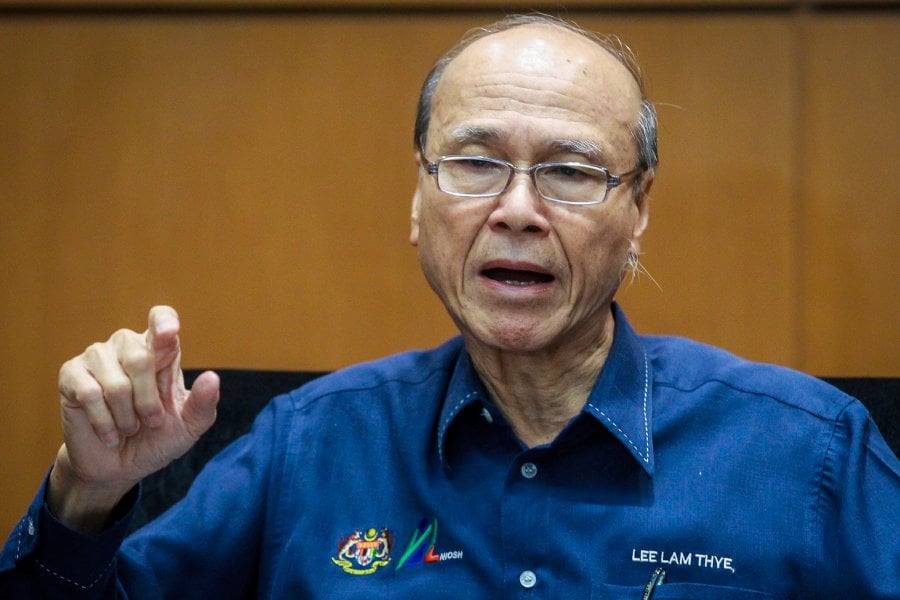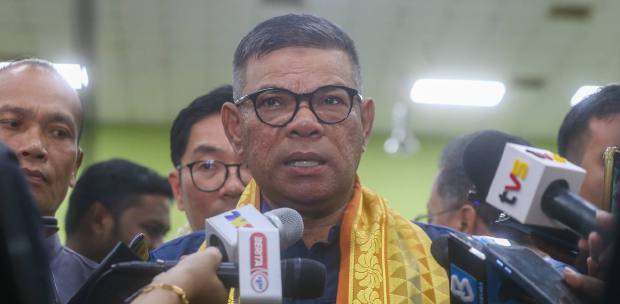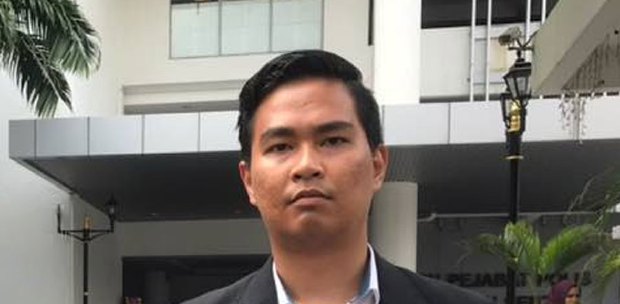KUALA LUMPUR: The Home Ministry's focus on granting citizenship to children born out of wedlock or adopted, is a timely move, said Alliance for a Safe Community chairman, Tan Sri Lee Lam Thye.
He said an unresolved citizenship status could impact these children's future, potentially affecting their education and employment prospects.
He was commenting on the Home Ministry's announcement on granting citizenship to children born out of wedlock, or were adopted.
Home Minister Datuk Seri Saifuddin Nasution had said priority would be given to these children, who received the highest number of applications.
He said this could be resolved using provisions in the law.
Lee noted that the issue had been publicised and discussed for a long time.
"Now that the minister has set a target, I hope it will be achieved. Otherwise, children who cannot obtain citizenship will face a bleak future."
Lee recounted a case involving an abandoned child born in Negri Sembilan.
He said the child was taken away for adoption but this was not mentioned in the birth certificate.
"This case now requires the involvement of the Home Ministry, with an application made for naturalisation under Article 19(2) of the Federal Constitution," he said.
He urged the ministry to consider easing the interview process for applicants over the age of 21 who have lived in the country for more than 10 years.
Under Article 19(2) of the Federal Constitution, the federal government may, in such special circumstances as it thinks fit, upon application made by any person, of or over the age of 21 years, who is not a citizen, grant a certificate of naturalisation to that person if satisfied:
(a) that he or she has resided in the federation for the required period, and intends, if the certificate is granted, to reside permanently,
(b) that he or she is of good character, and
(c) that he or she has adequate knowledge of the Malay language.





